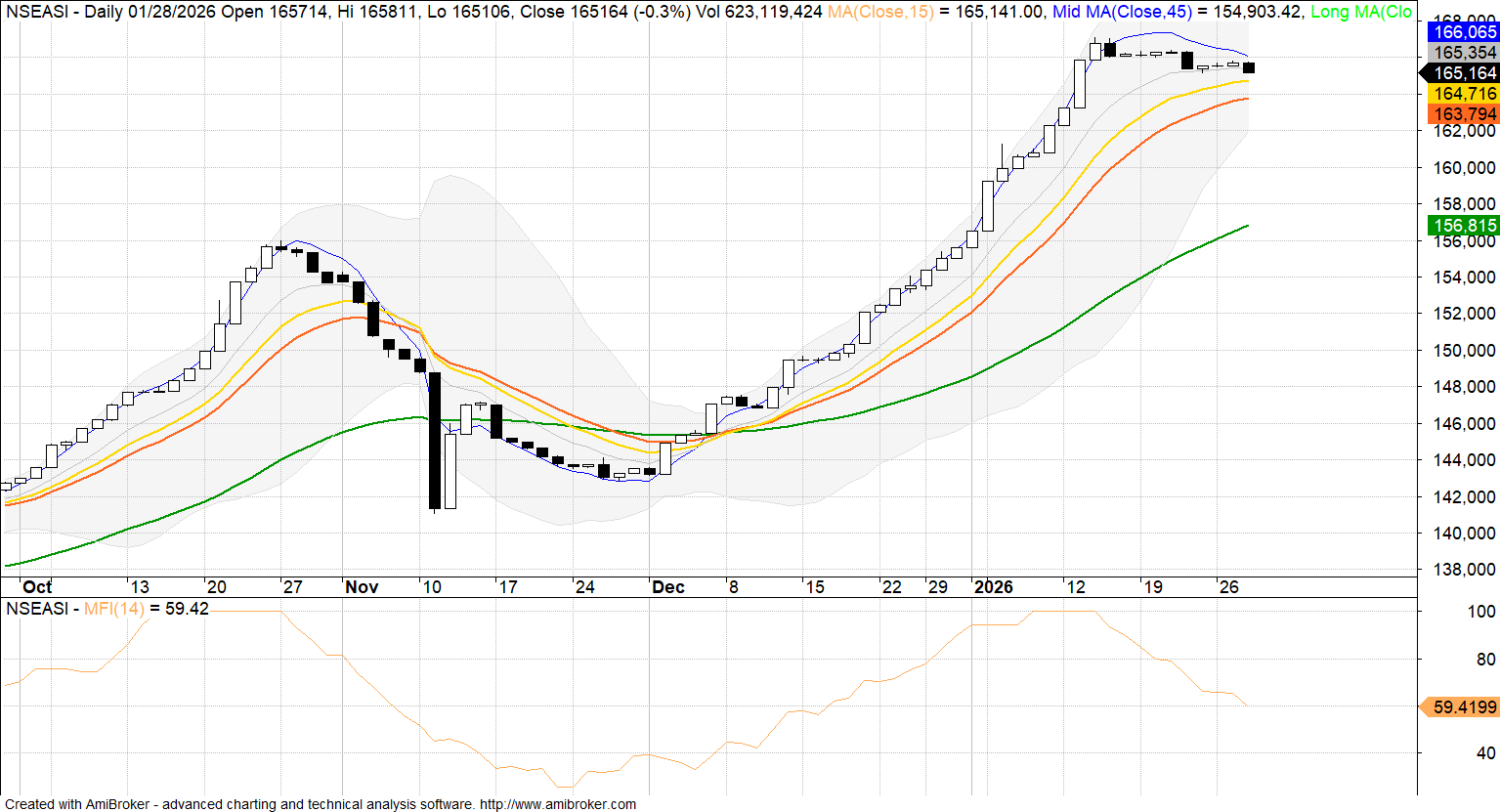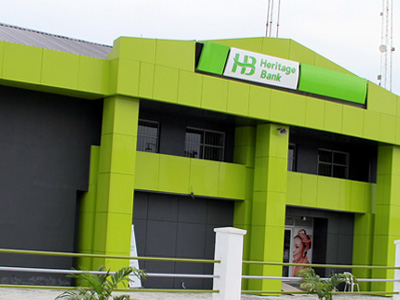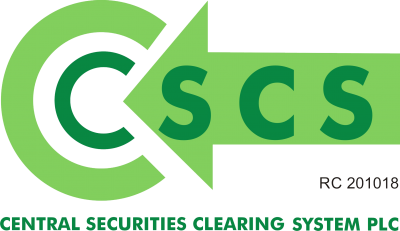
If there is any evidence of the robust growth in crude oil prices at the international market, the nine-month performance score-card of Seplat Petroleum Development Company is one of such.
The company financials presented to the Nigerian Stock Exchange (NSE) on Tuesday, just 24 hours to the deadline for filing, showed robust growth in earnings from crude oil sales, and an even more significant jump in profit, helped by gas sales revenue. This was despite a 4,212% increase in income tax expense from N860m in the corresponding period of 2017, to N37.085bn.
The directors recommended a $0.05 interim dividend per share of N0.50, subject to withholding tax, to be paid to shareholders on the register as of close of business on November 13, 2018. Payment will be made electronically “on or around December 6, 2018.”
Revenue for the period climbed 103.91% up to N173.71bn, up from N85.19bn, with crude oil sales accounting for N134.849bn, up from just N68.46bn in the corresponding period of 2017. Gas sales amounted to N38.861bn, up from N26.262bn.
Cost of sales climbed 70.25% up from N47.107bn in 2017, to N80.2bn, a breakdown of which showed that crude oil lifting gulped N14.45bn, up from N5.24bn; while there was no barging cost, as against the N2.787bn in 2017. Royalties amounted to N29.352bn; up from N13.107bn; while depletion, depreciation and amortization climbed from N16.546bn to N27.903bn. A total of N1.573bn was paid to the Niger Delta Development Commission, up from N1.108bn; other rig related expenses dropped to N12m, from N1.02bn; just as operations and maintenance expenses fell to N6.91bn, from N7.299bn.
All of these, resulted in gross profit of N93.51bn, up by 145.54% from N47.107bn.
The company recorded other income of N6.259bn; while general and administrative expenses dropped slightly to N16.87bn from N17.167bn; just as there was N521m reversal of losses on financial asset.
Net loss on foreign exchange reduced to N208m from N277m; fair value loss declined by 43.84% to N2.449bn from N4.361bn; resulting in operating profit of N80.763bn, representing 396.15% growth from N16.278bn.
Finance income, being interest income, soared by 324.43% from N483m to N2.05bn; while growth in finance costs, primarily the N16.561bn interest on bank loan, was constrained at 1.36% to N17.76bn, from N17.521bn. This left net finance cost at N15.71bn, down from N17.038bn.
Profit before tax therefore stood at N65.053bn from the N760m loss in the corresponding period of 2017; just as income tax jumped to N37.085bn, from just N860m in 2017.
Net profit for the period stood at N27.968bn, translating to Earnings Per Share of N47.53; as against N1.62bn or N2.75 Loss Per Share in the 2017 9-month. The bulk of net profit however came from its gas segment, which contributed N31.425bn, up from N16.136bn, compared to the loss of N3.457bn from oil, representing an improvement from the N17.756bn in 2017.
An accompanying note to the financials filed with the Nigerian and London Stock Exchanges, where its shares are listed for trading, quoted Austin Avuru, Seplat’s Chief Executive Officer, as saying the company continues “to deliver on its production targets which, combined with an oil price tailwind, has resulted in yet another consecutive quarter of very strong financial performance and profitability.”
With the current business generating significant free cash flow and combined with a robust balance sheet which is in the process of being deleveraged further, Avuru spoke of “plan to build on this performance in the coming quarters as we step up organic development activities across our existing portfolio with headroom to also capitalise on inorganic growth opportunities as and when they may arise, in line with our price disciplined approach.”














